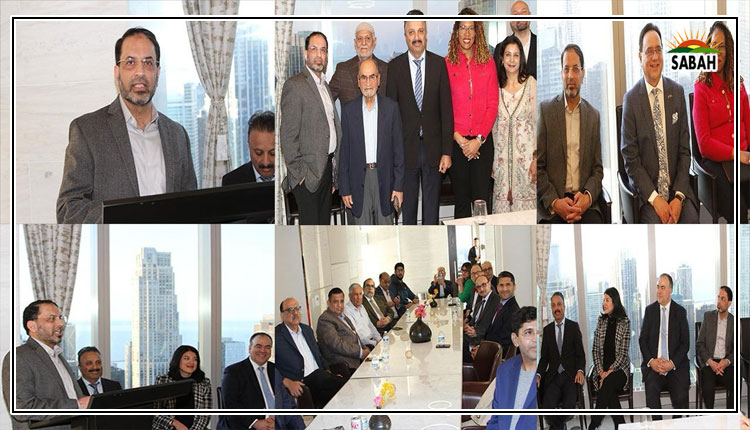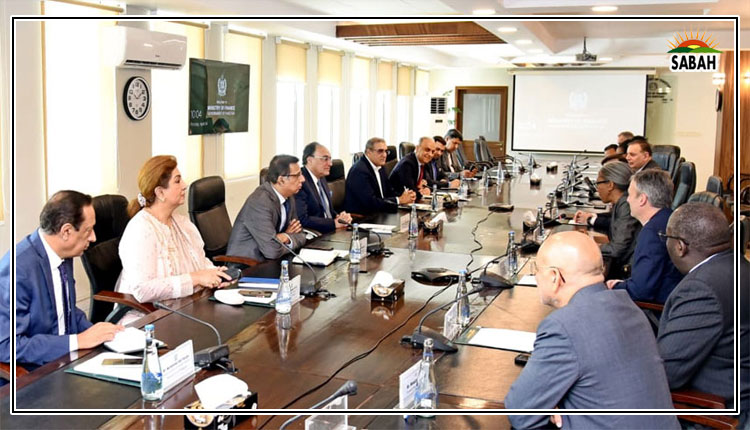Prioritising workplace safety….Zulfiqar Shah
THE collapse of some iron girders of a flyover under construction at Bhara Kahu in Islamabad earlier this month exposes the poor safety measures at the workplace. This was the second incident of a safety lapse at the project site within a week. No human losses were reported in the latest incident but two labourers were killed in the first one. The flyover is part of the Capital Development Authoritys Bhara Kahu bypass project, costing taxpayers a hefty Rs6.5 billion.
While there was no official word on the reasons behind the incidents, it is reported that work was being done in haste to meet a March 23, 2023, deadline set by the prime minister, who is known for getting projects completed even before their projected completion dates. The federal government formed an inquiry committee. The report of an obvious case of negligence is yet to be determined by the committee, as is action against those responsible for the loss of lives.
This is not the first time that poor safety measures have been reported at a mega government project. Over two dozen workers lost their lives and several were injured during the execution of the Orange Line train project in Lahore a few years ago. Occupational safety and health (OSH), broadly defined as measures to prevent diseases, injuries and accidents resulting in death at the workplace, has gained significant momentum in recent years, thanks to the global campaign for workers safety.
The International Labour Organisation introduced new conventions on a safe and healthy work environment during the International Labour Conference in June 2022. This means that OSH Conventions C155 and C187 now form part of the International Labour Standards (ILS). The landmark move requires UN members to respect and promote the right to safe working conditions, regardless of the ratification of these conventions.
There is no system of properly checking workplace safety in Pakistan.
The adoption of the two OSH conventions was not an easy task. It was after 24 years that the number of core conventions were increased from eight to 10. This came in response to concerns about increasing work-related deaths and injuries. According to ILO estimates, 2.3 million people die every year due to work-related accidents and diseases globally. This translates to 6,000 deaths every day. An additional 270m suffer injuries while 160m must contend with work-related illnesses annually. There is no system of proper reporting of safety and health-related incidents in Pakistan as the relevant departments have little capacity. The Labour Force Survey reports four per cent of the working population suffers from OSH issues. This means that one in 25 workers experiences either injuries or disease at the workplace.
The latest global outcry against poor safety measures at the workplace is a result of three of the deadliest industrial accidents during the last decade, which included the Rana Plaza and Tazreen factory fires in Dhaka and the Ali Enterprises fire in Karachi. Together, 1,500 were killed and 3,000 injured.
Unsafe workplaces do not only result in the loss of human lives: they also mean heavy financial losses for local suppliers and international sourcing brands, and damage to business reputation. In a globalised world, a single social media post can drastically reduce business.
After the Ali Enterprises factory fire, the sourcing German retailer KIK agreed to pay over $5 million in compensation to the Pakistani workers. The local owners of the factory suffered too. The tragedy could have been avoided with a little investment and security measures. However, a positive aspect was that it resulted in comprehensive legislation. Sindh took the lead by enacting the Sindh Occupational Safety and Health Act, 2017. This was followed by a similar law in Punjab in 2019. Both laws are considered not only comprehensive but the best in the region. In addition to various positive provisions, the laws are applicable to all workplaces, including construction which is among the most dangerous sectors. However, the implementation of these laws remains a big challenge because of both capacity constraints and the lack of political will.
Sindh has only 15 OSH inspectors for a labour force of over 16m. The two OSH directorates located in Karachi, the largest industrial city, operate without any equipment or facilities. As a result, not a single construction site appears to have been inspected or checked since the passage of the law six years ago.
Matters in other places are not too different: there are a little over 500 labour inspectors in the country to look after the interests of a 72 million-strong labour force. The majority of them are poorly trained and inadequately equipped. There is no substitute for state regulations and oversight; one should not have to see workers die and businesses suffer because the government has yet to invest in this important area.
The emerging alternative is a credible and technically sound private inspection system with the financial and political support of all key stakeholders the government, local business, global brands and labour. The International Accord on Health and Safety in the garment and textile industry is one such example which provides inspection and remediation services to the industry.
Due to the successful operation of the accord, Bangladesh has been rated as a frontrunner country globally in safety. The programme is being extended to Pakistan and should be welcomed. Learning from this example, stakeholders in Pakistan may consider investing in a broader private system to cover all workplaces, including government-executed construction projects.
Equally important is investing in and the upgradation of official inspection systems and the extension of relevant laws across Pakistan, including Islamabad which by now is already a medium-sized commercial hub.
Safe and healthy workplaces would not only help save lives but also increase productivity, enhance business reputation and fulfil basic rights as guaranteed under the Constitution and international laws.
The writer is a human rights and labour rights expert based in Karachi.
Courtesy Dawn, March 27th, 2023












